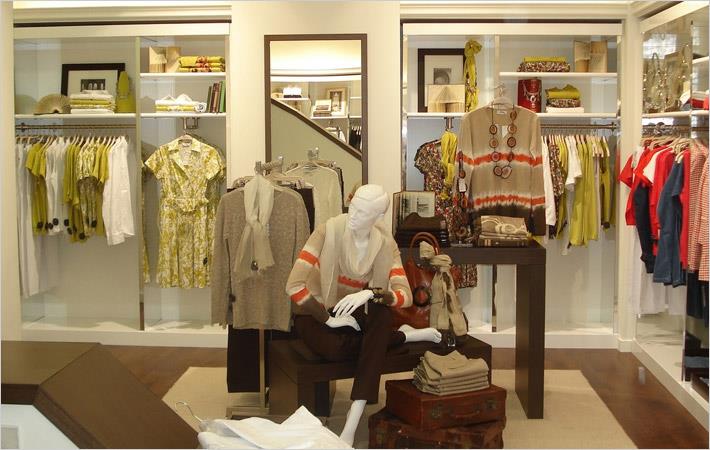FIBRE2FASHION


The Union of Concerned Researchers in Fashion, formed in 2018 by four academics—two from the United States and one each from the United Kingdom and Sweden—recently released its manifesto, calling on fashion researchers to unite for action and leadership over the use of scientific and artistic knowledge that is more relevant to the multiple crises being faced.
The union was started by Kate Fletcher, research professor at the Centre for Sustainable Fashion in University of the Arts London; Lynda Grose, chair of the fashion design program at California College of the Arts, San Francisco; Timo Rissanen, assistant professor of fashion design and sustainability at Parsons School of Design; and Mathilda Tham, professor in design at Linnaeus University, Sweden.
Its formation was inspired by the Union of Concerned Scientists, formed in 1969 in the United States.
The manifesto, released in January, recognises that the response of the fashion sector to the intensifying ecological crisis has been–and continues to be–over-simplified, fragmented and obstructed by the growth logic of capitalist business models as they are currently realized and practiced.
It also recognised that uncritical research findings, duplication of research, reduction and misuse of scientific and technical knowledge reinforces and speeds up this over-simplified condition in the fashion industry.
The union proposed to to develop a system of knowledge about fashion sustainability that is concerned with how knowledge is organised and shared as well as the data points themselves, and to direct such a system purposefully towards fostering change.
It advocated diversification of the voices within fashion and sustainability discourse to reflect multiple perspectives beyond the dominant business approaches presented, including but not limited to the global south and indigenous communities.
It intends to express determined opposition to ill-advised and destructive fashion projects and formulate visions—and corresponding research practices—that allow for the possibility of enacting new relationships between humans and the Earth in the context of fashion.
It aims to be a leader in debating existing and new ideas and creating action around fashion-sustainability themes, especially in areas where the generation of new knowledge is of actual or potential significance.
The union was started by Kate Fletcher, research professor at the Centre for Sustainable Fashion in University of the Arts London; Lynda Grose, chair of the fashion design program at California College of the Arts, San Francisco; Timo Rissanen, assistant professor of fashion design and sustainability at Parsons School of Design; and Mathilda Tham, professor in design at Linnaeus University, Sweden.
Its formation was inspired by the Union of Concerned Scientists, formed in 1969 in the United States.
The manifesto, released in January, recognises that the response of the fashion sector to the intensifying ecological crisis has been–and continues to be–over-simplified, fragmented and obstructed by the growth logic of capitalist business models as they are currently realized and practiced.
It also recognised that uncritical research findings, duplication of research, reduction and misuse of scientific and technical knowledge reinforces and speeds up this over-simplified condition in the fashion industry.
The union proposed to to develop a system of knowledge about fashion sustainability that is concerned with how knowledge is organised and shared as well as the data points themselves, and to direct such a system purposefully towards fostering change.
It advocated diversification of the voices within fashion and sustainability discourse to reflect multiple perspectives beyond the dominant business approaches presented, including but not limited to the global south and indigenous communities.
It intends to express determined opposition to ill-advised and destructive fashion projects and formulate visions—and corresponding research practices—that allow for the possibility of enacting new relationships between humans and the Earth in the context of fashion.
It aims to be a leader in debating existing and new ideas and creating action around fashion-sustainability themes, especially in areas where the generation of new knowledge is of actual or potential significance.
